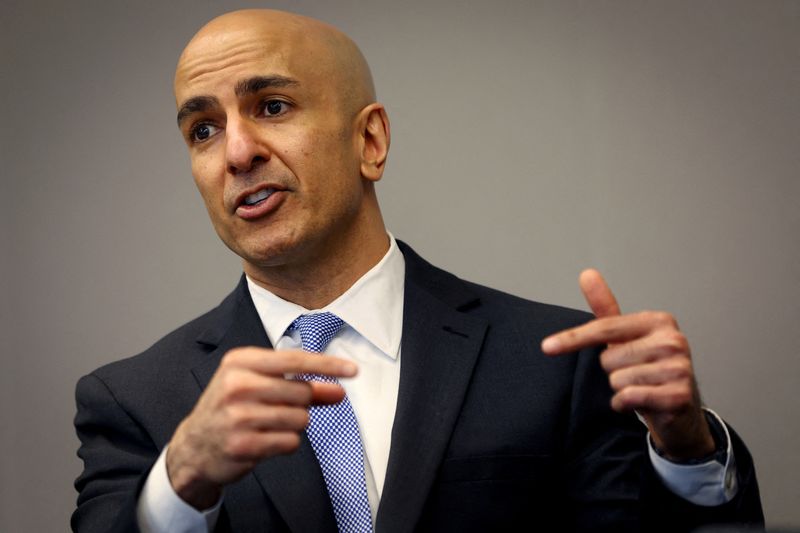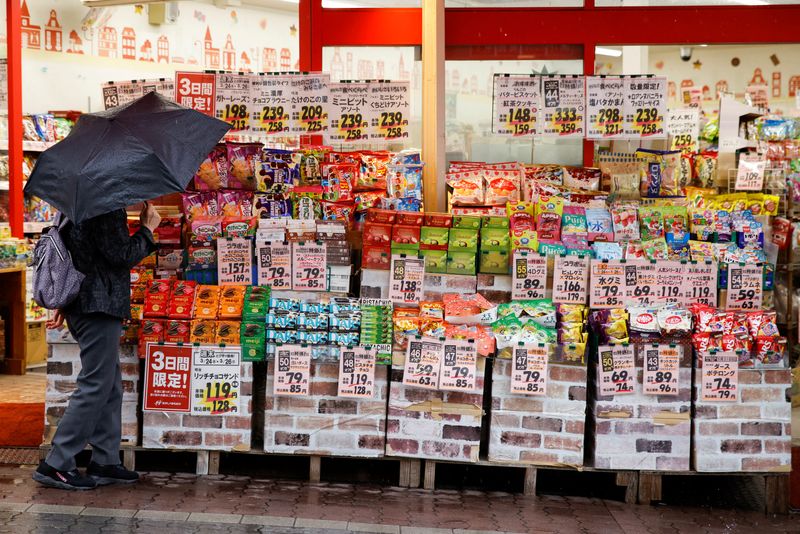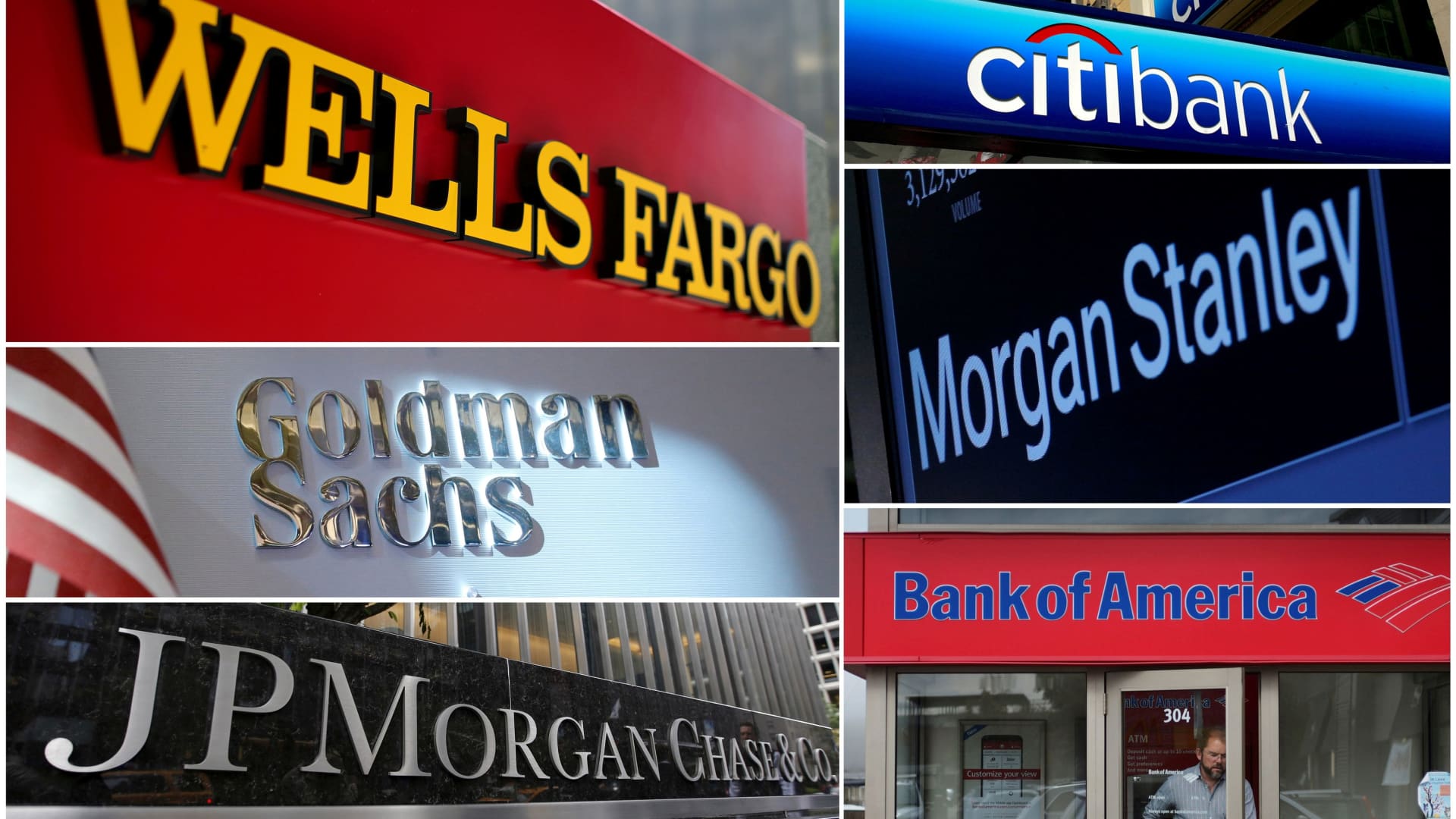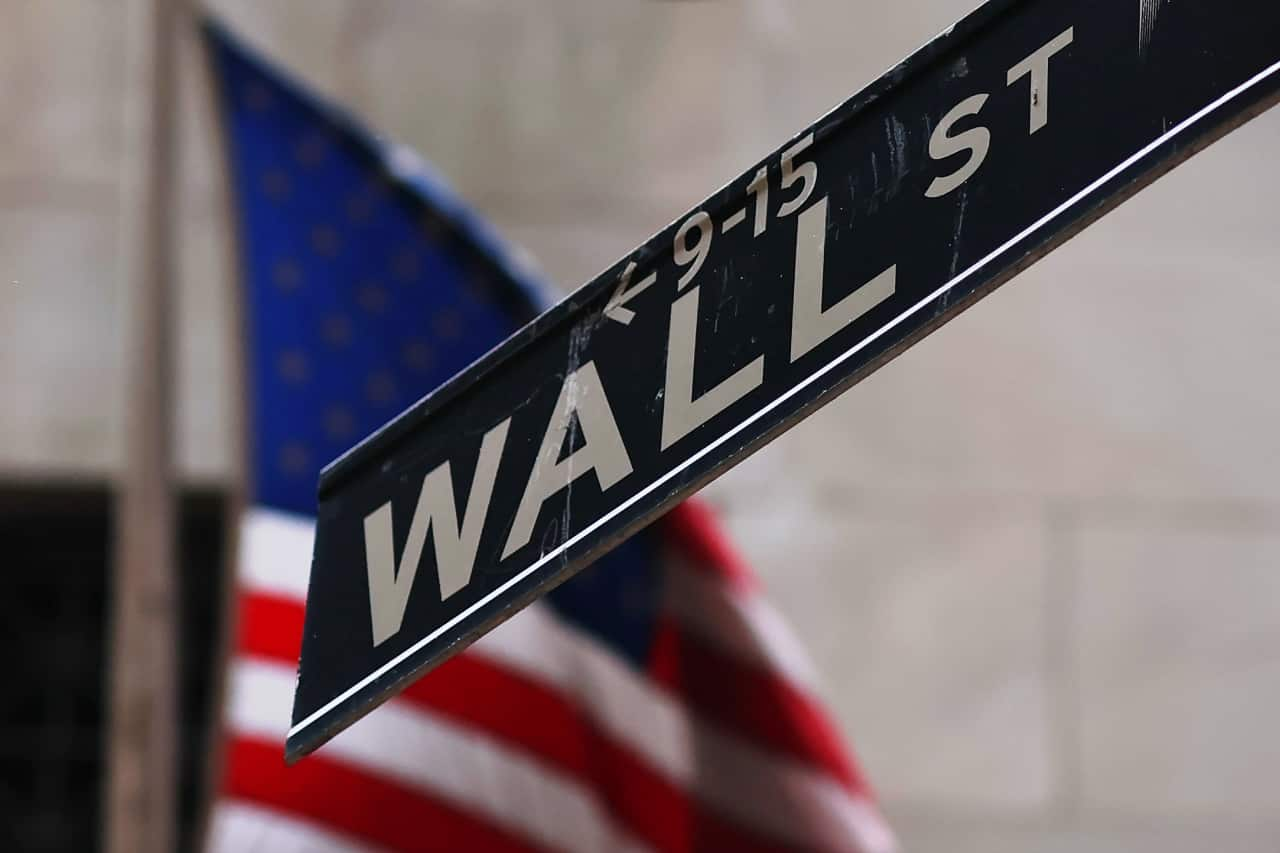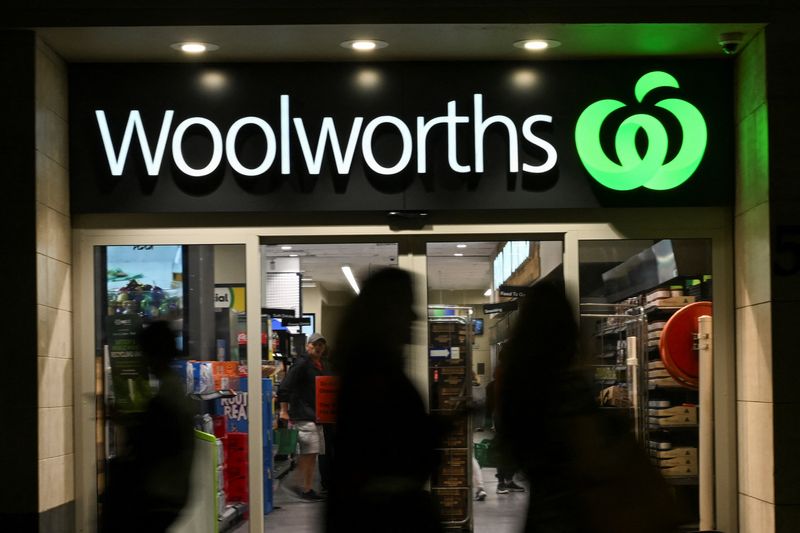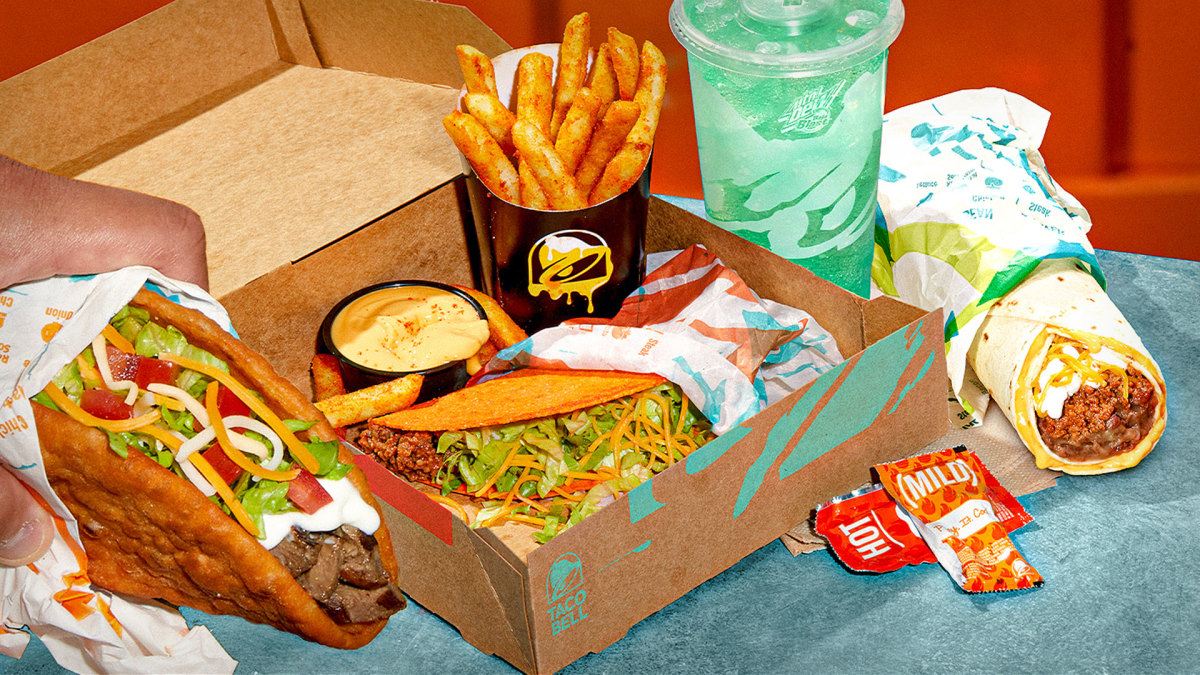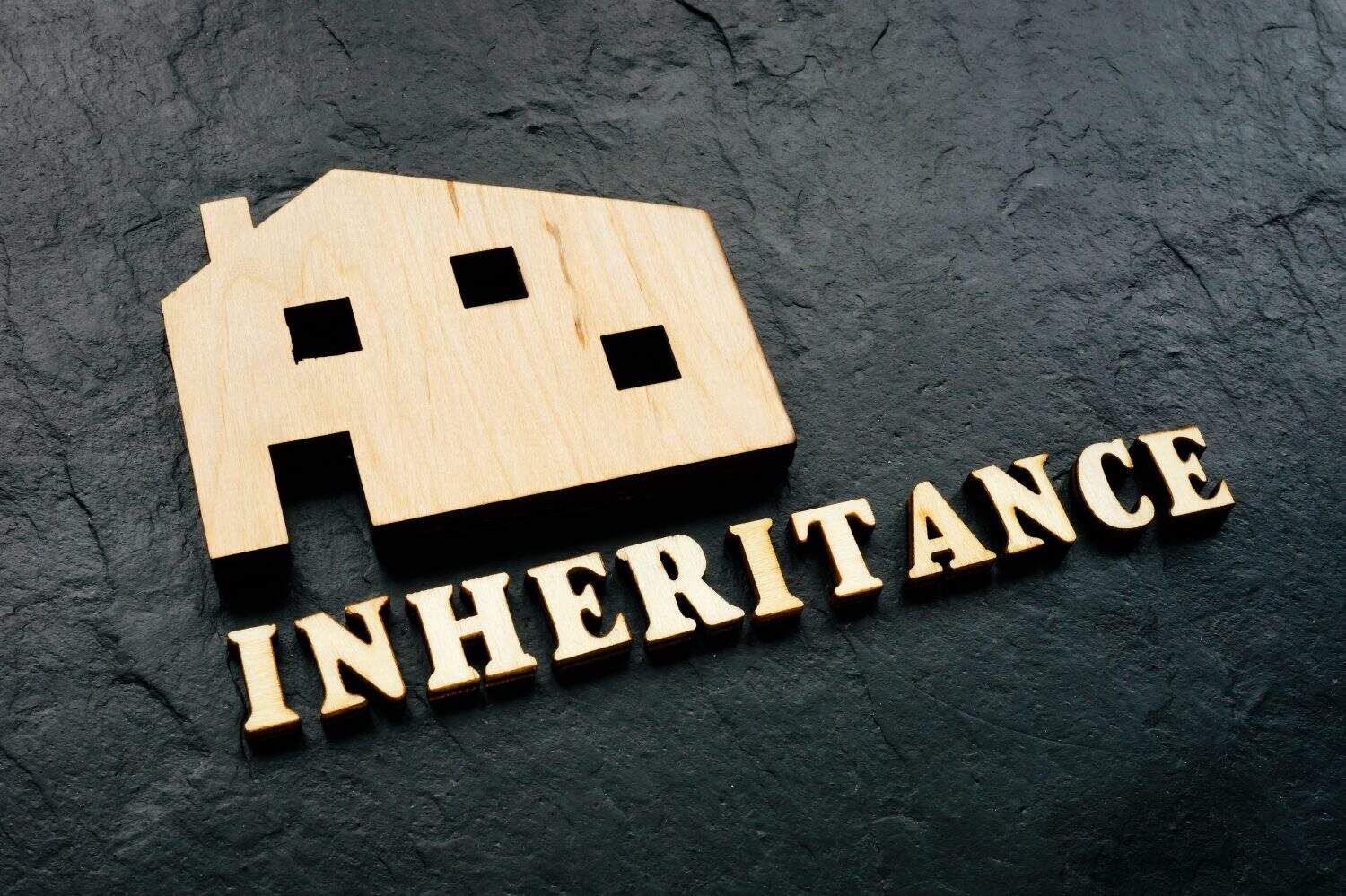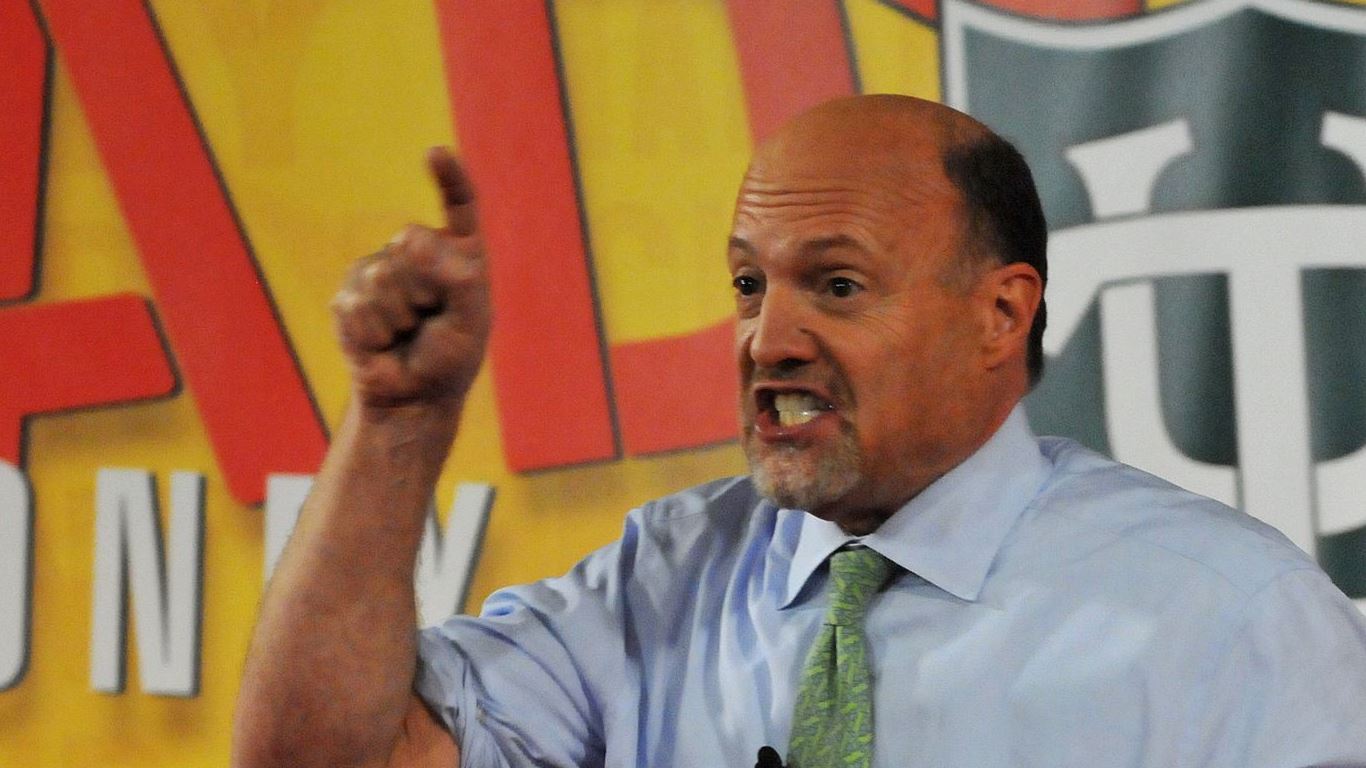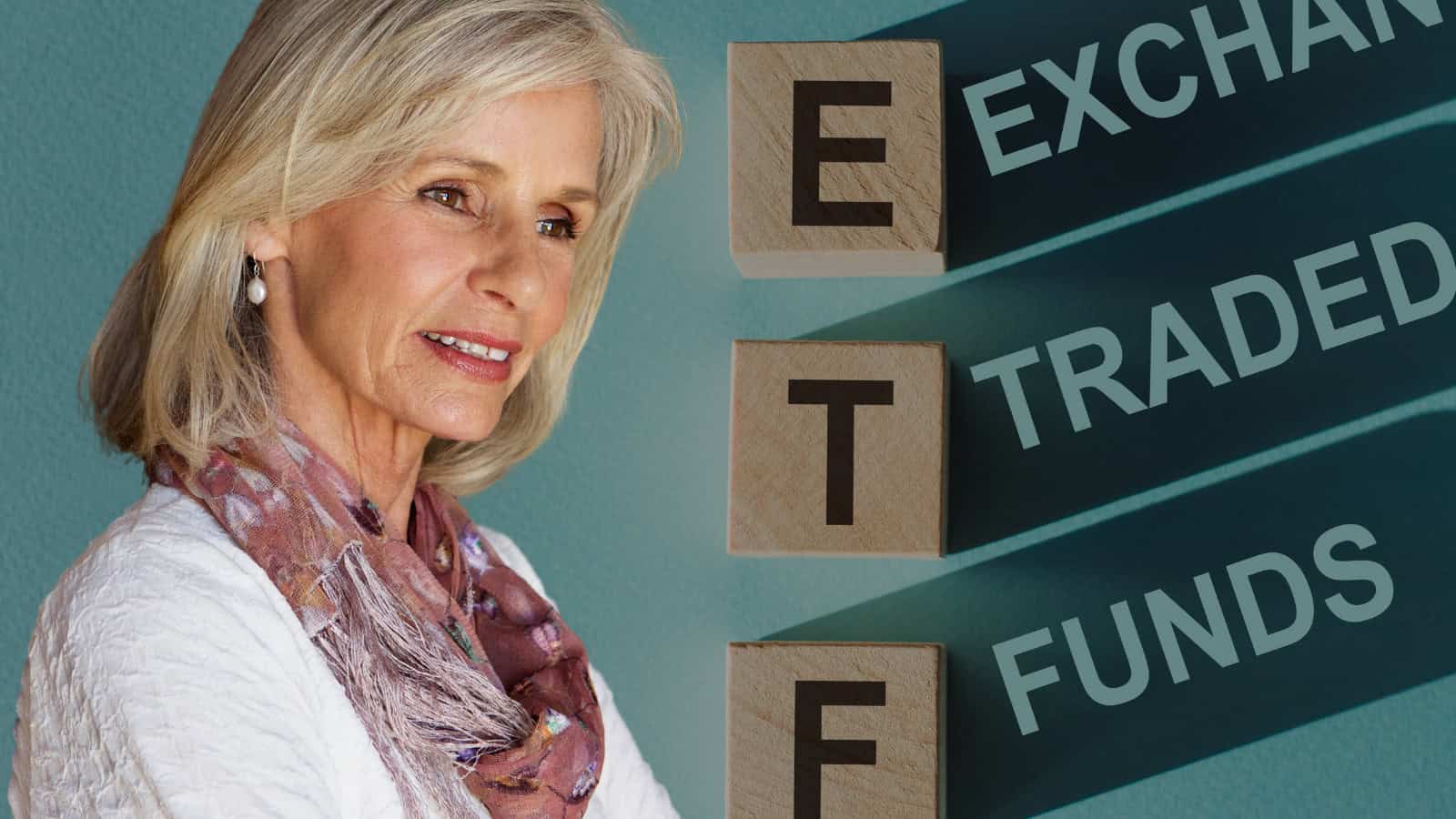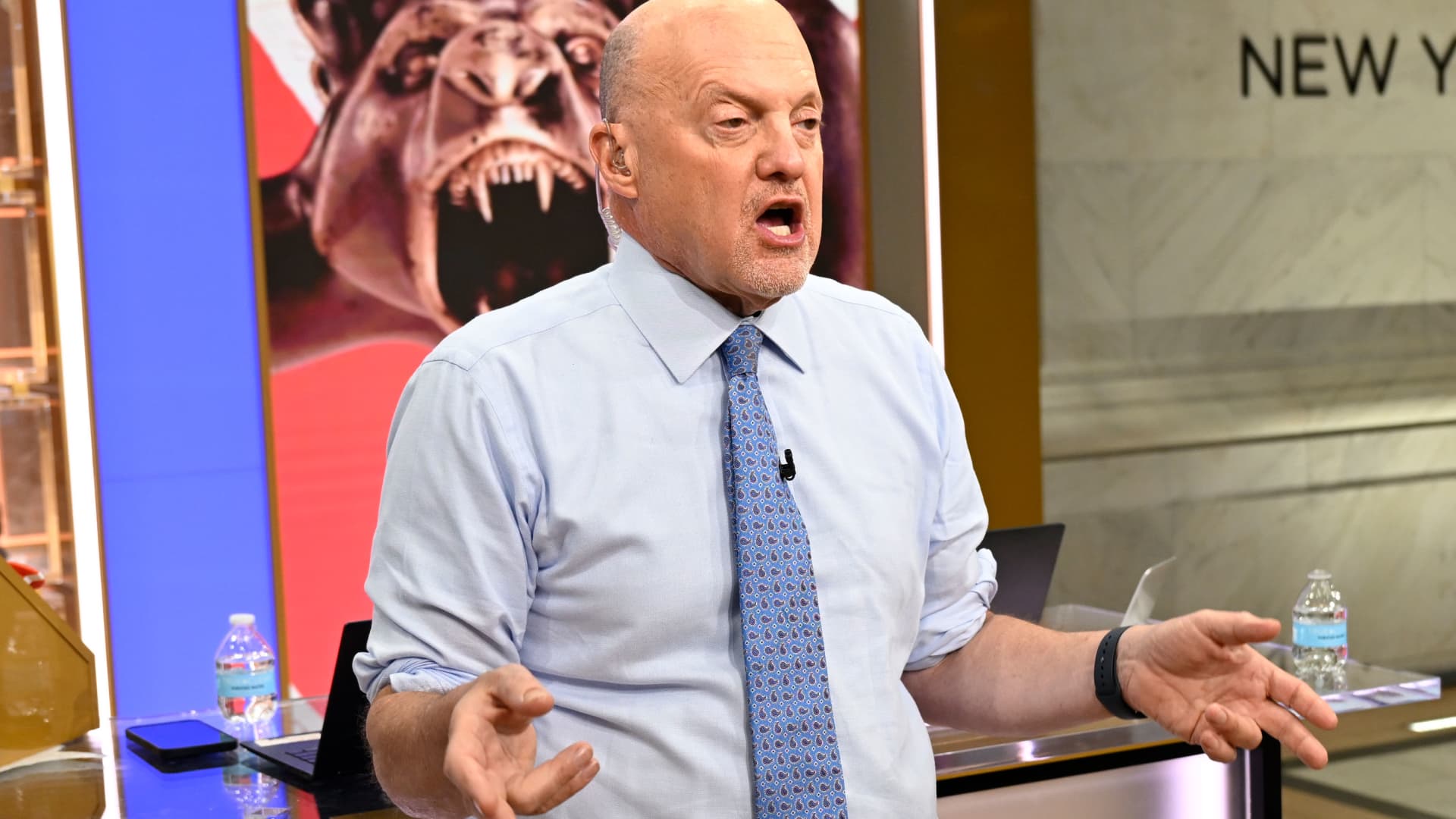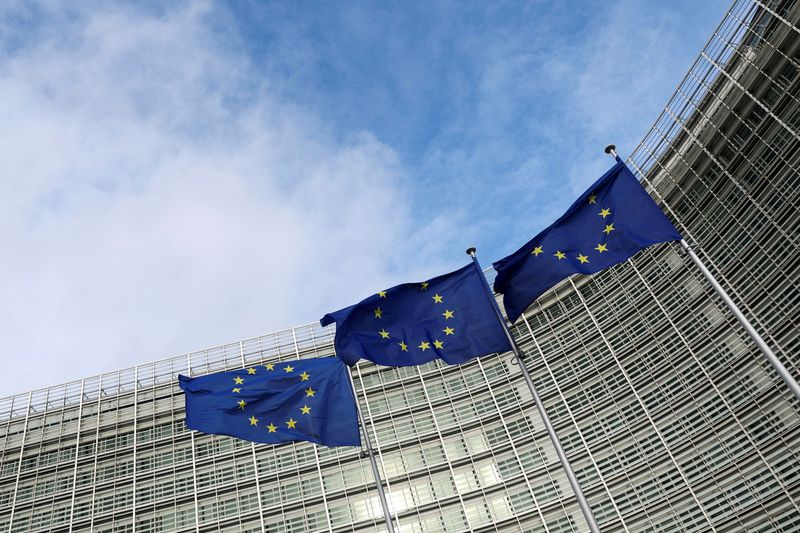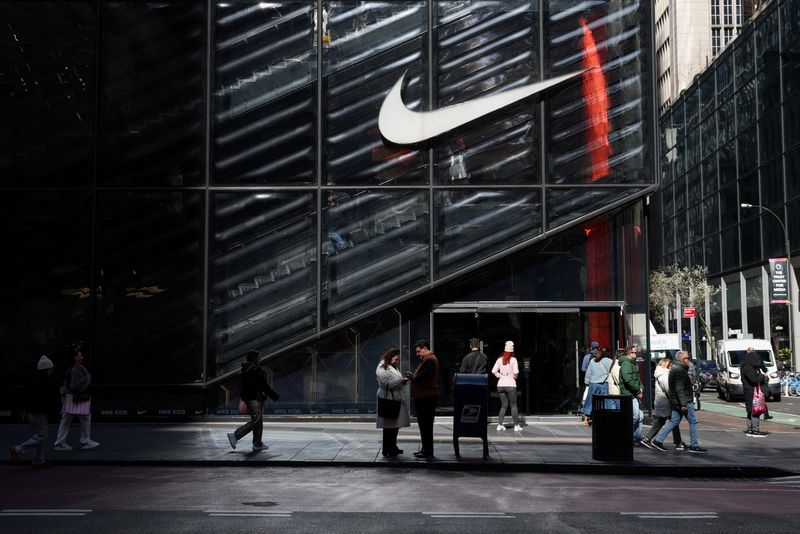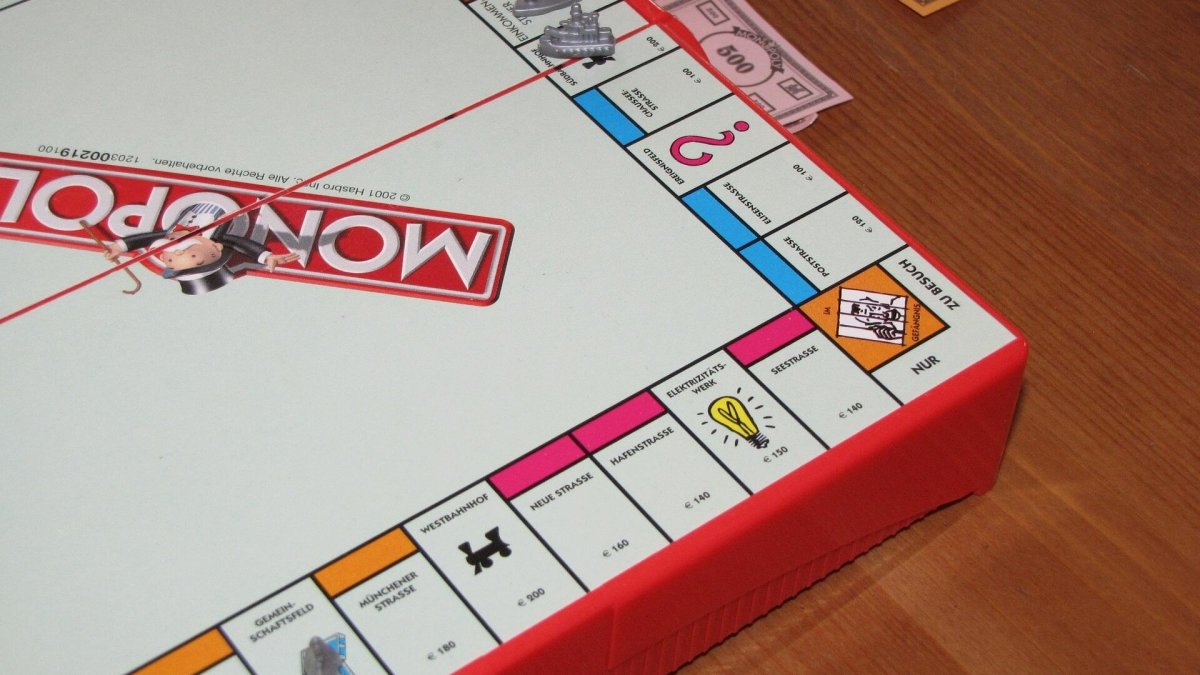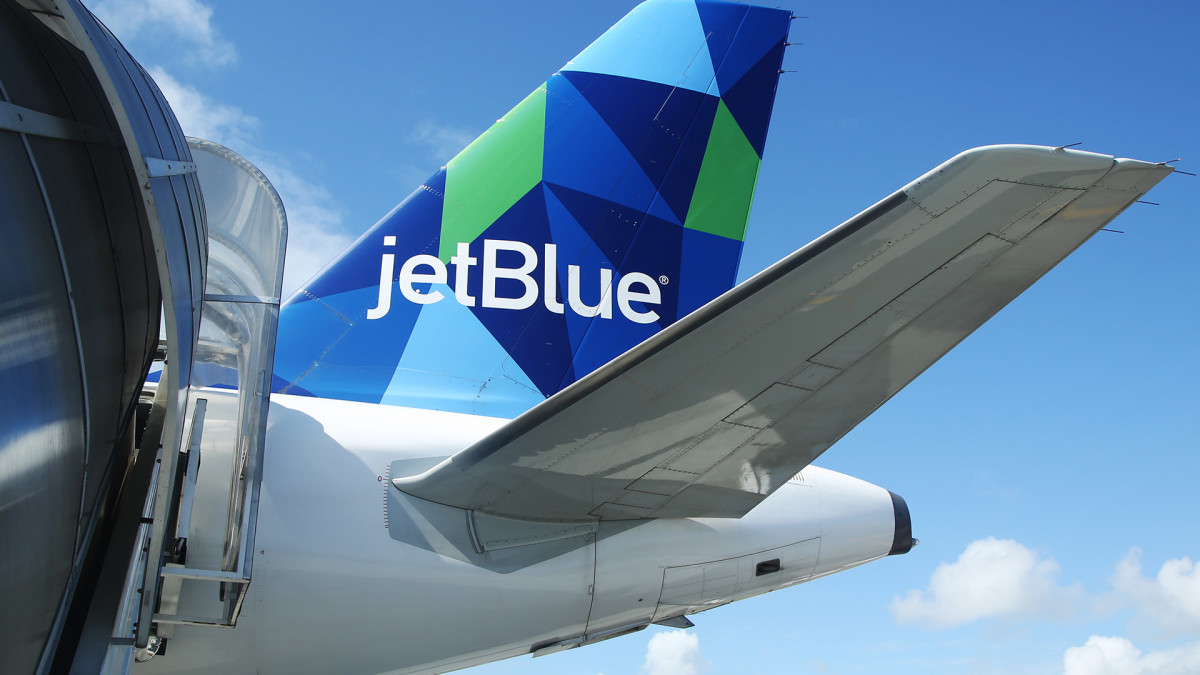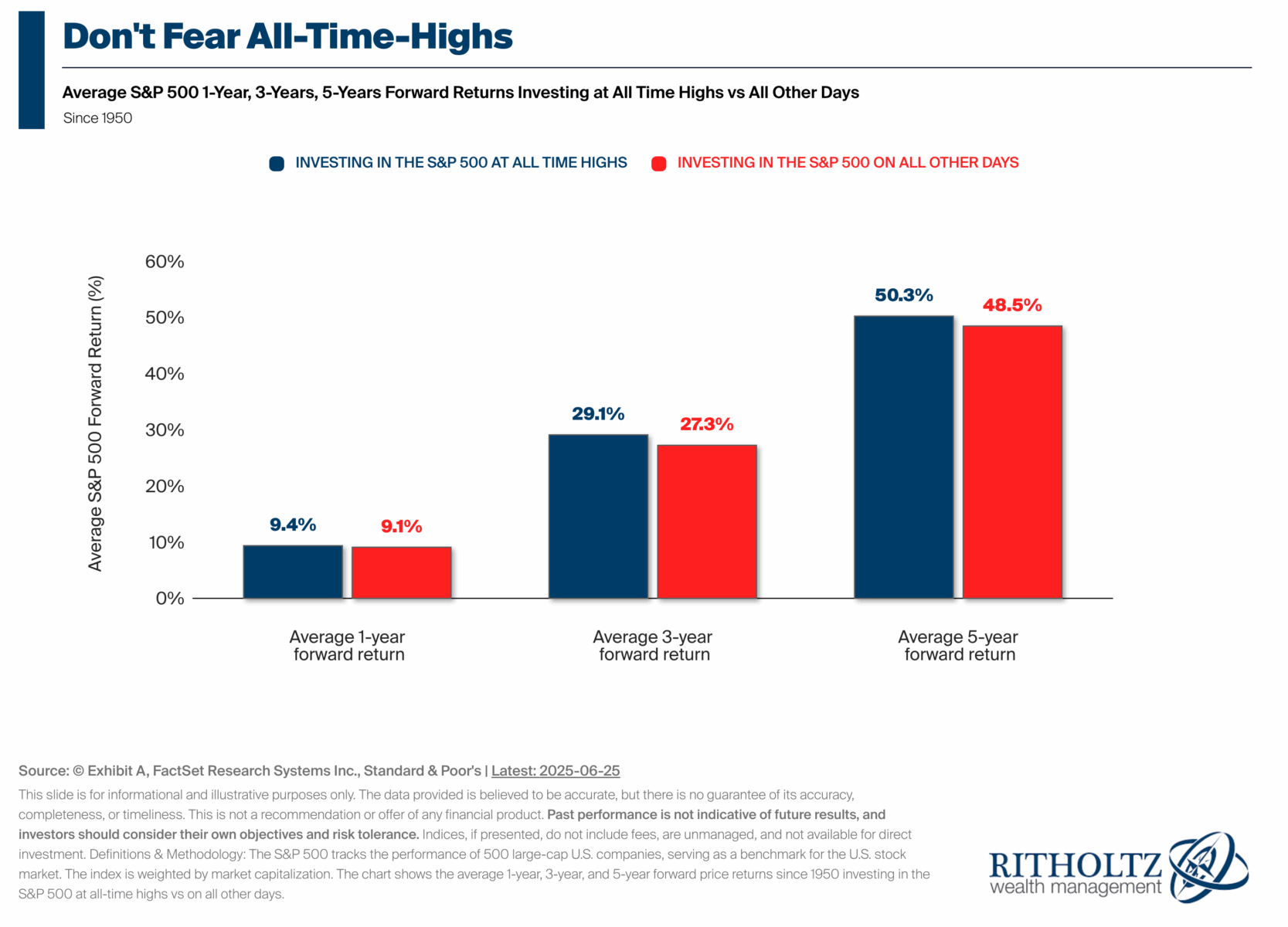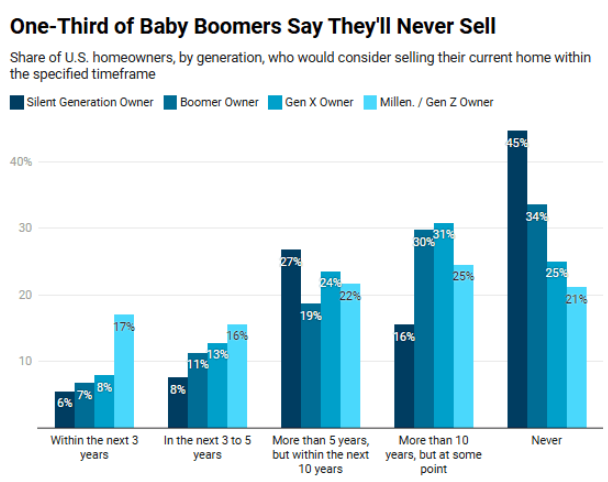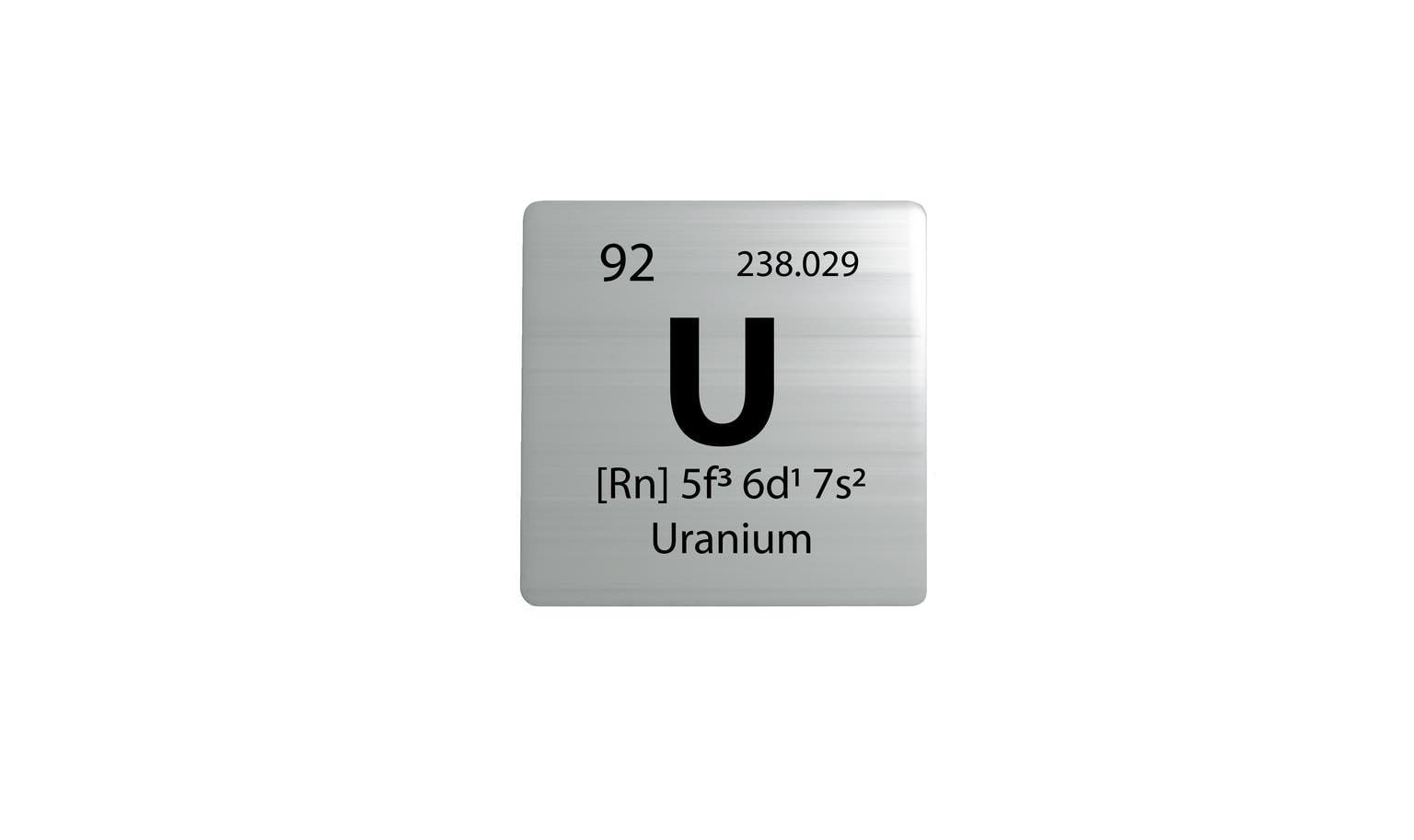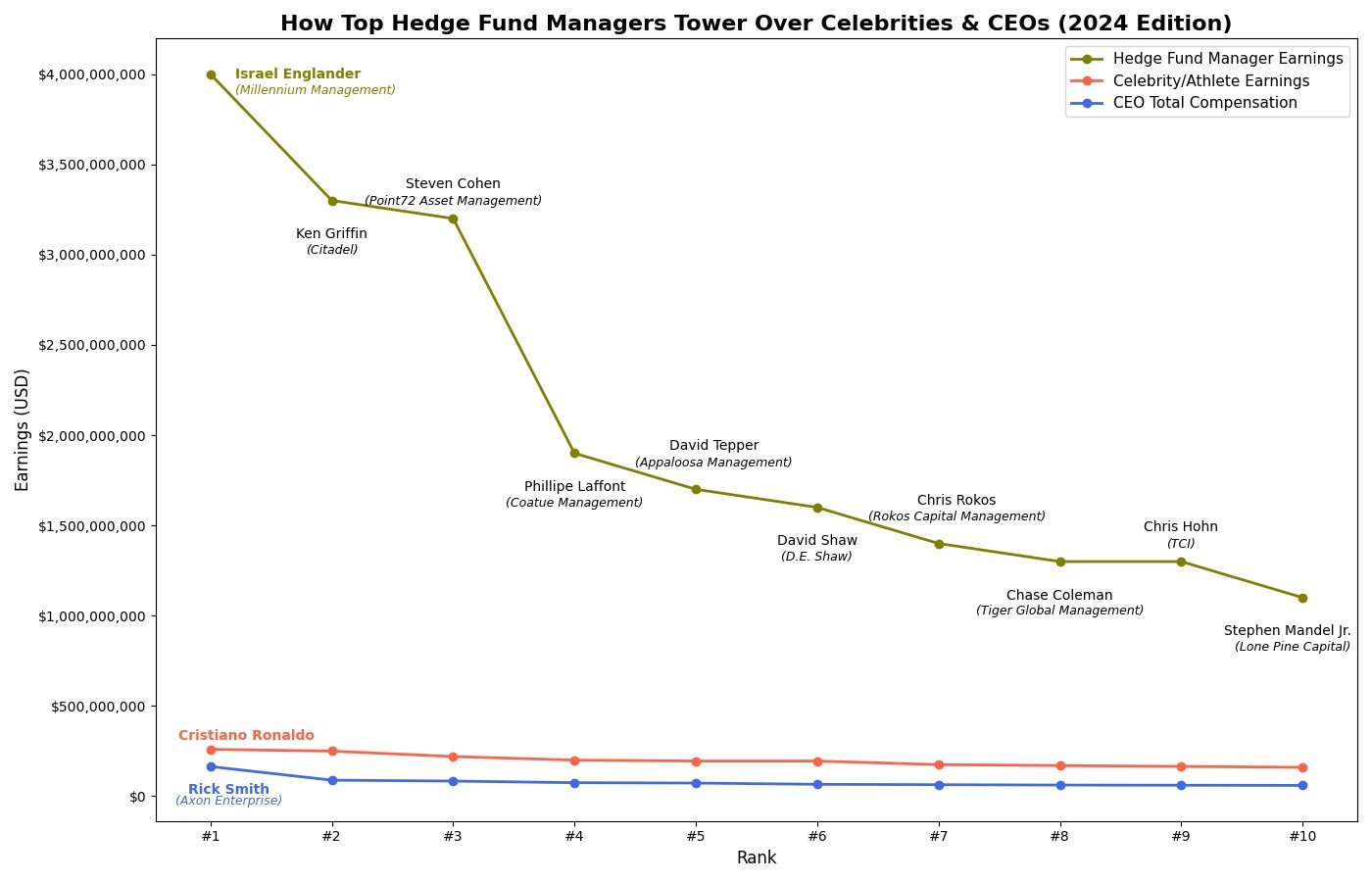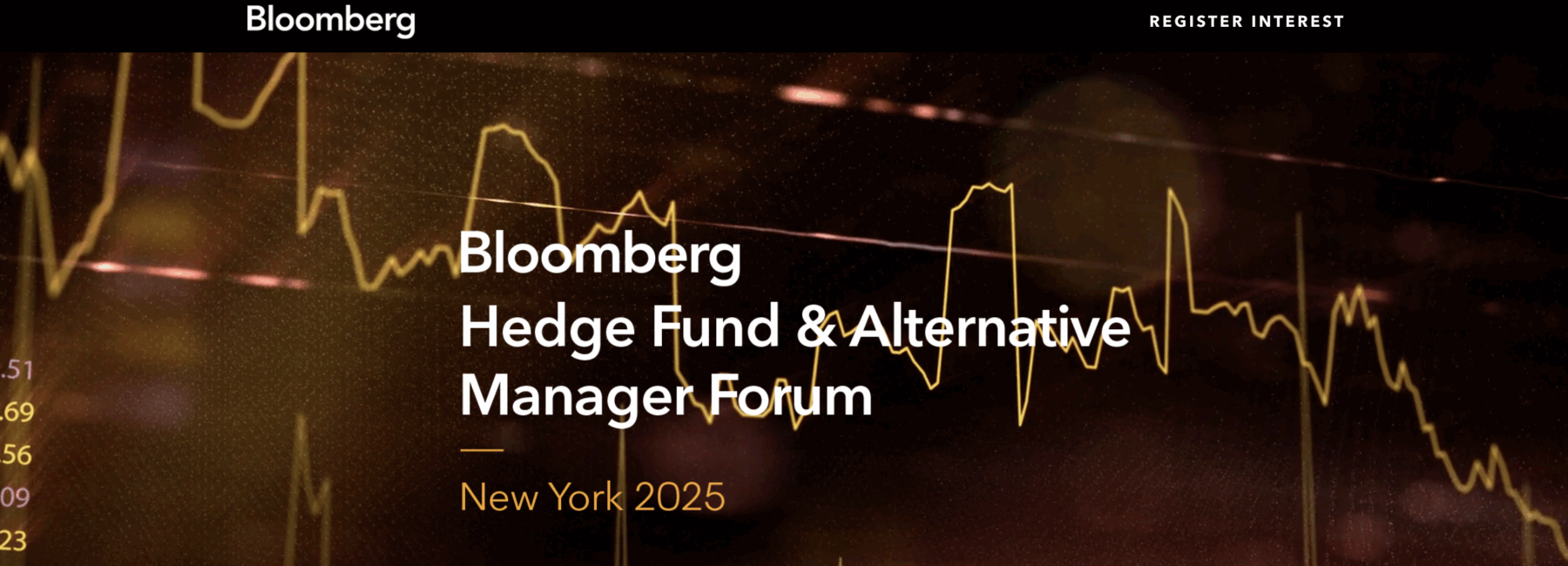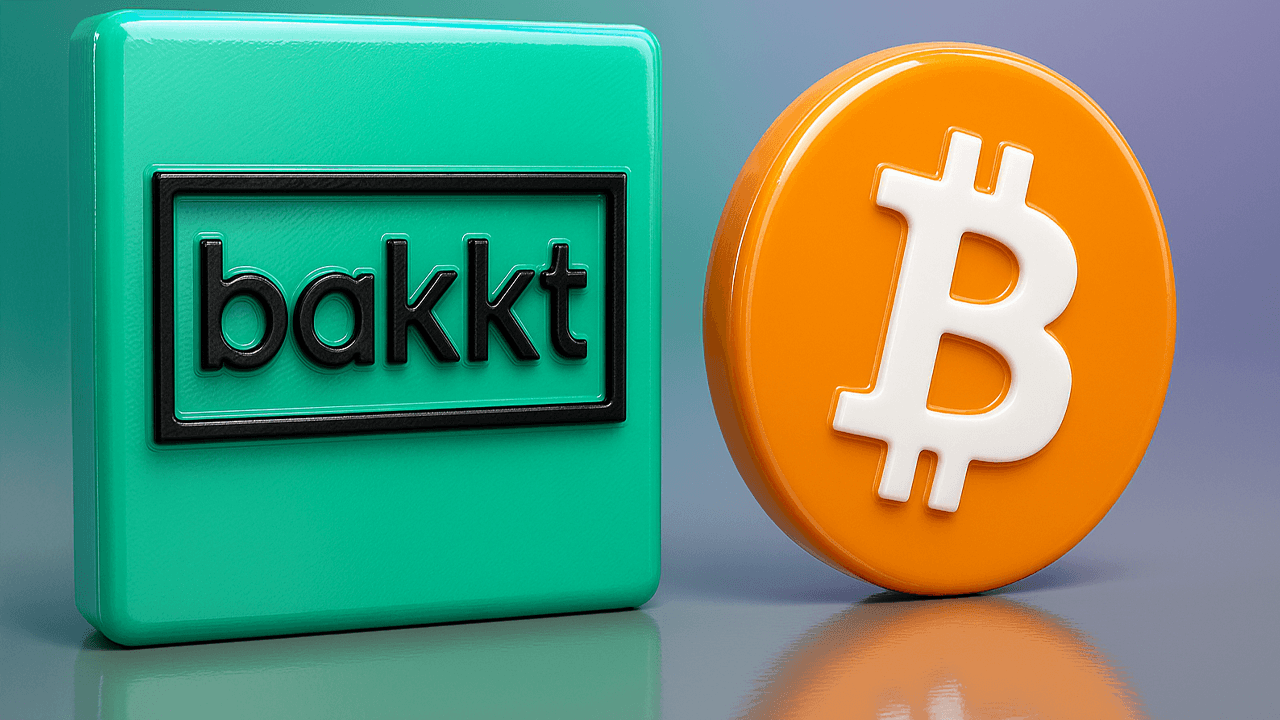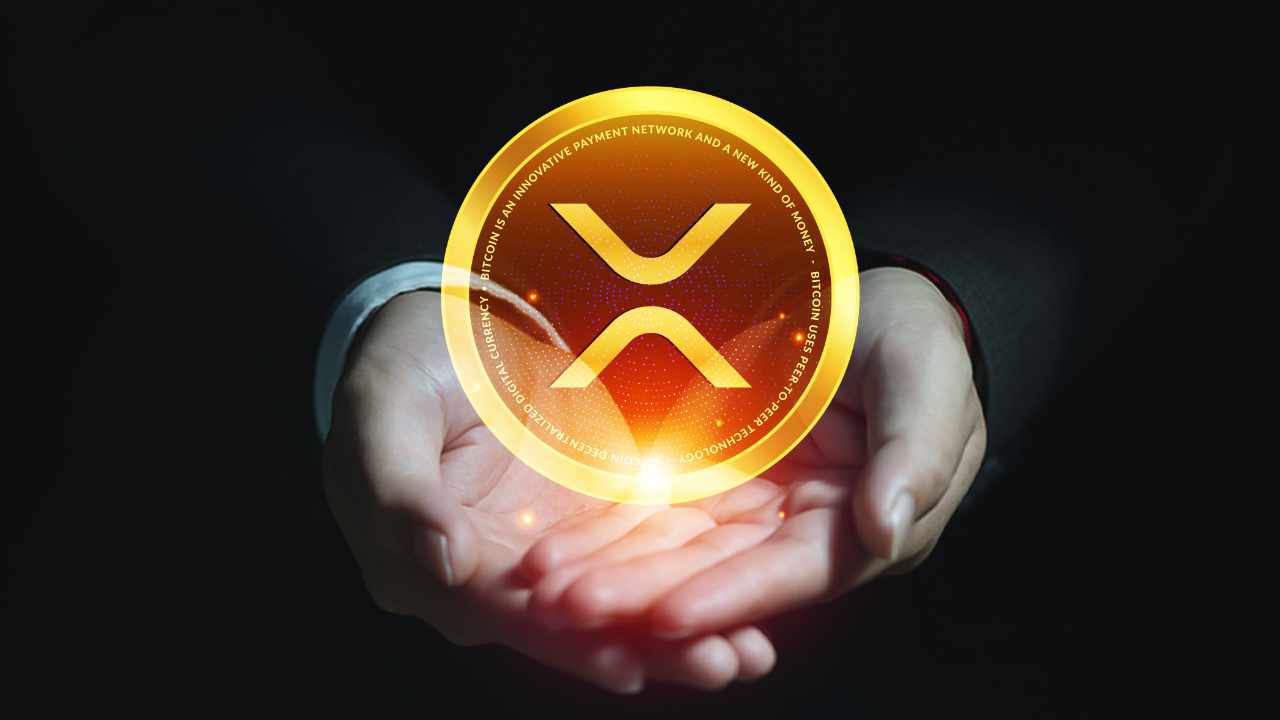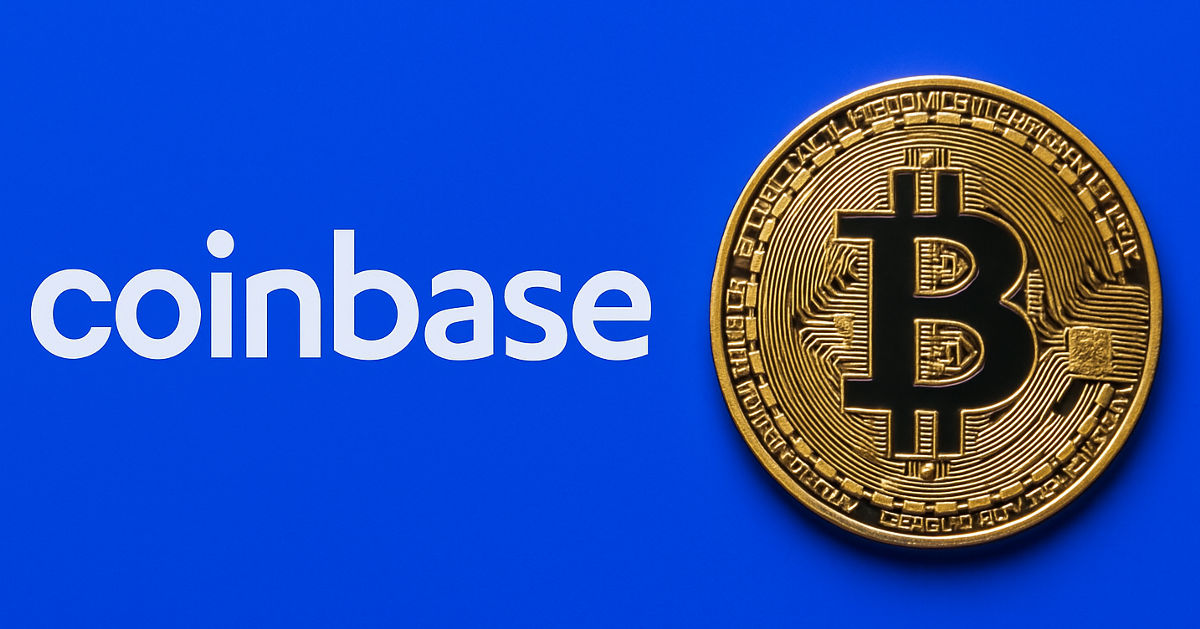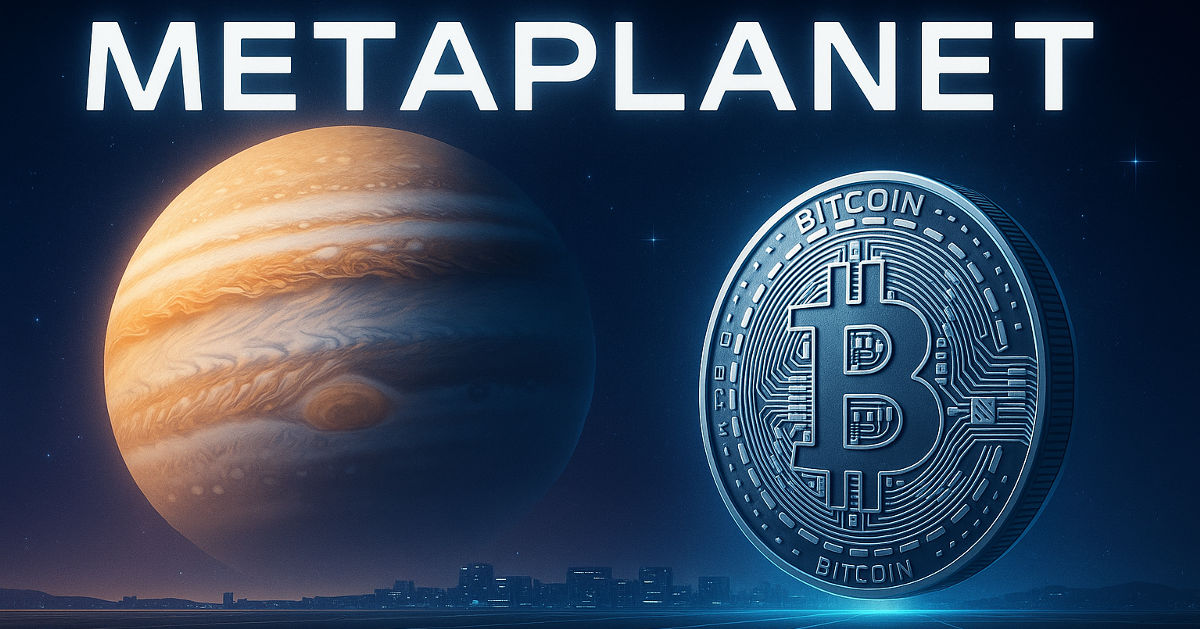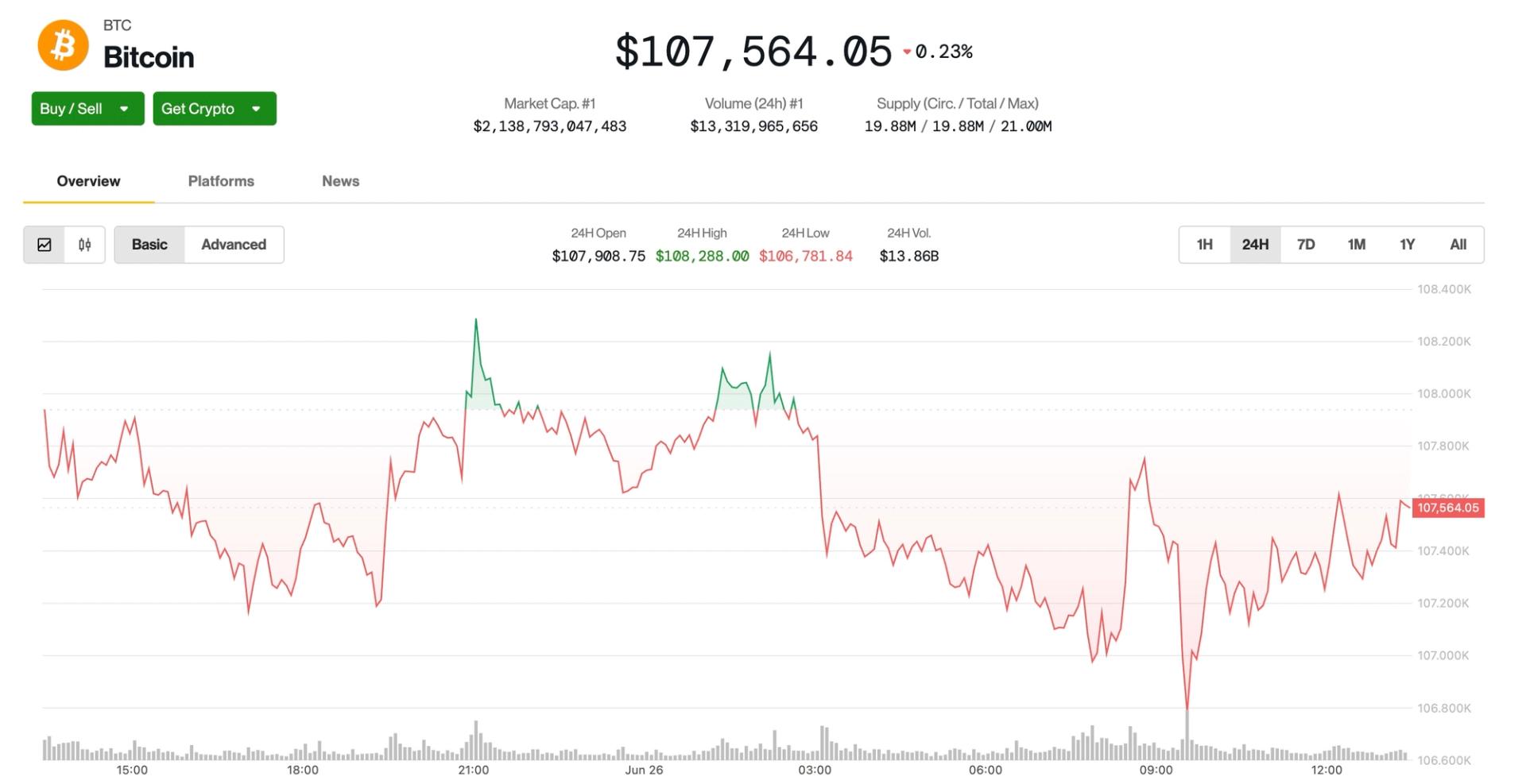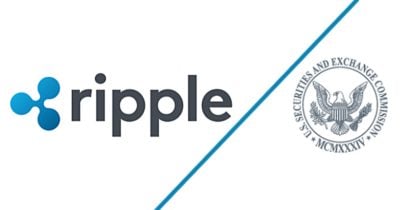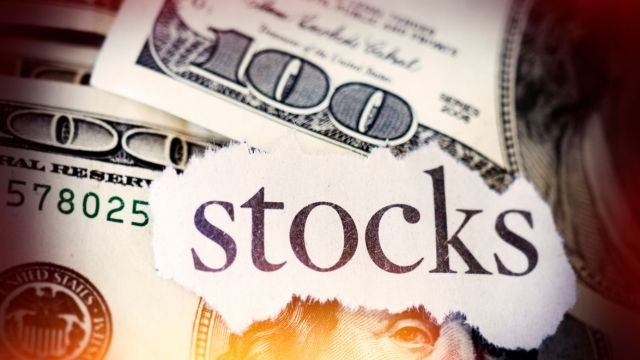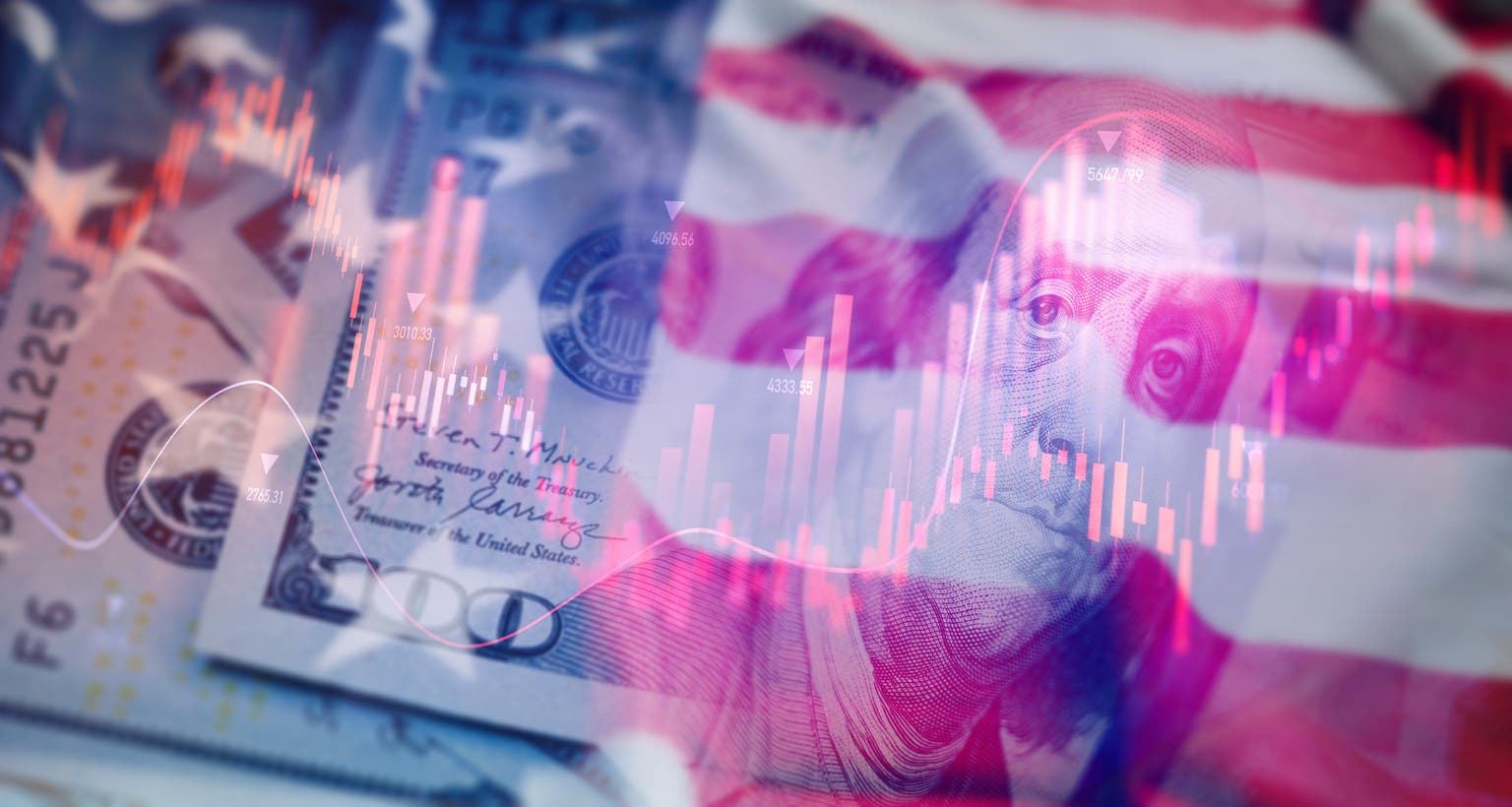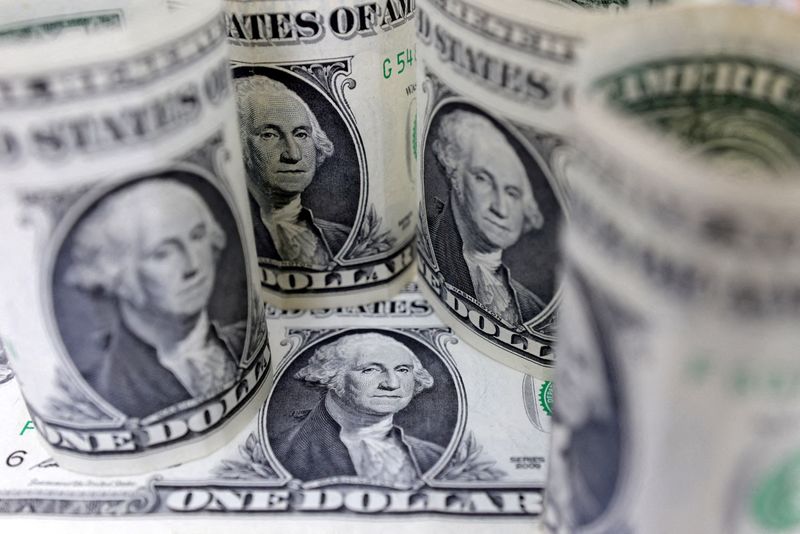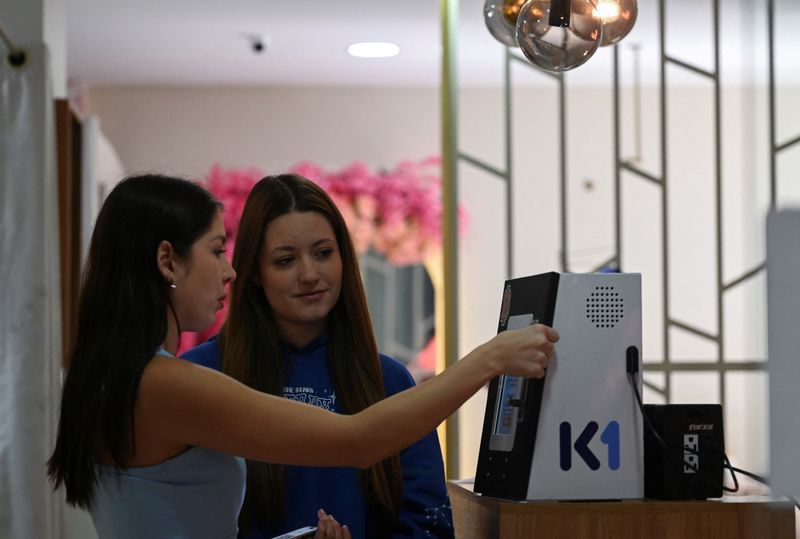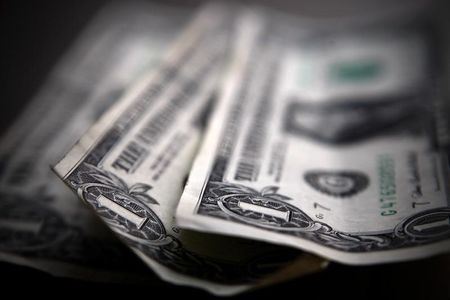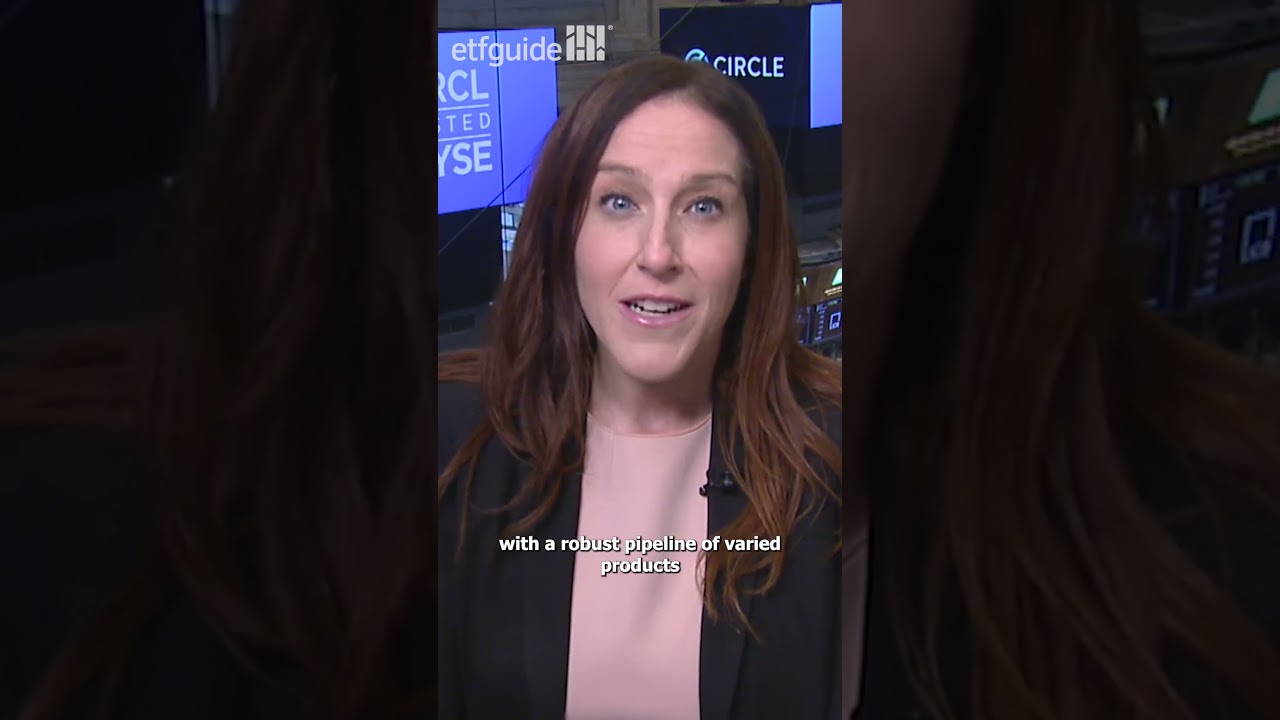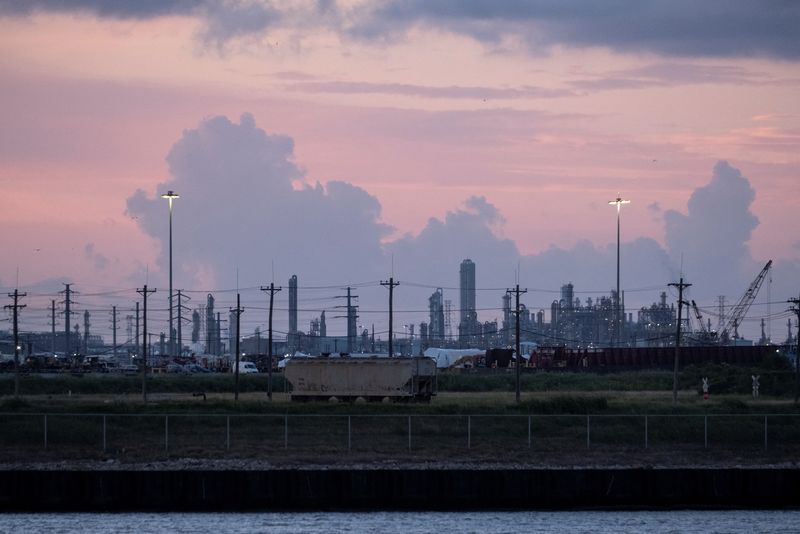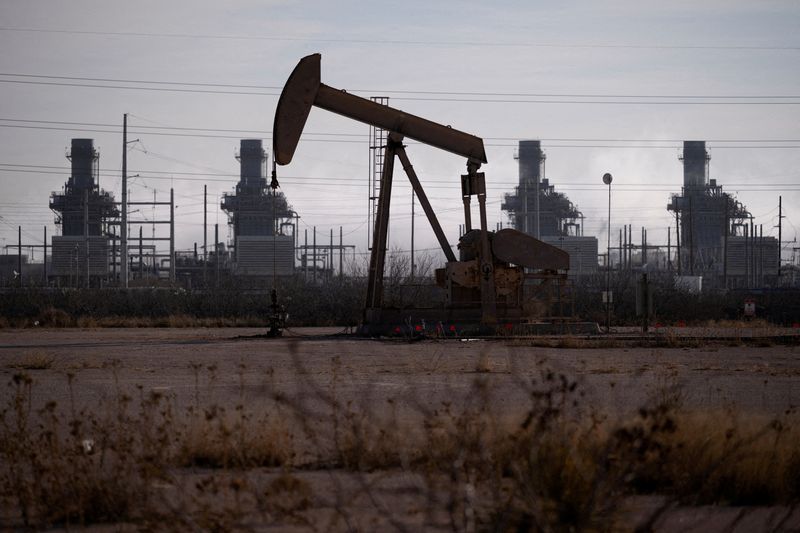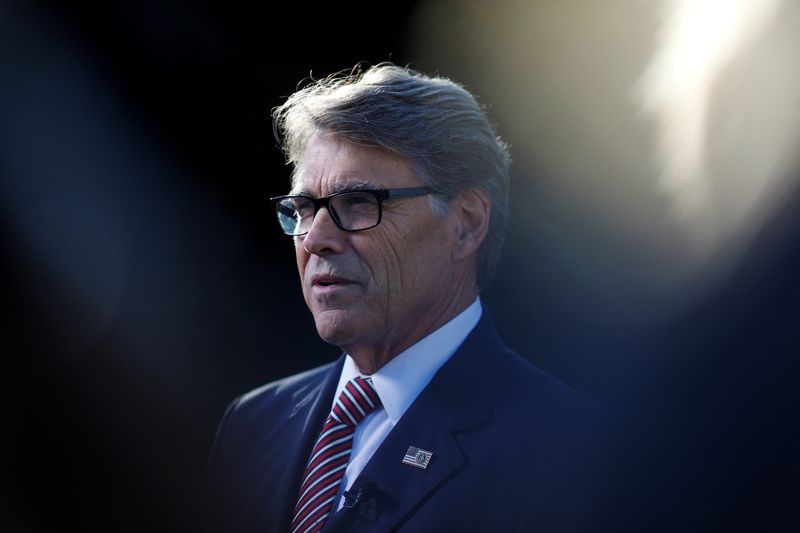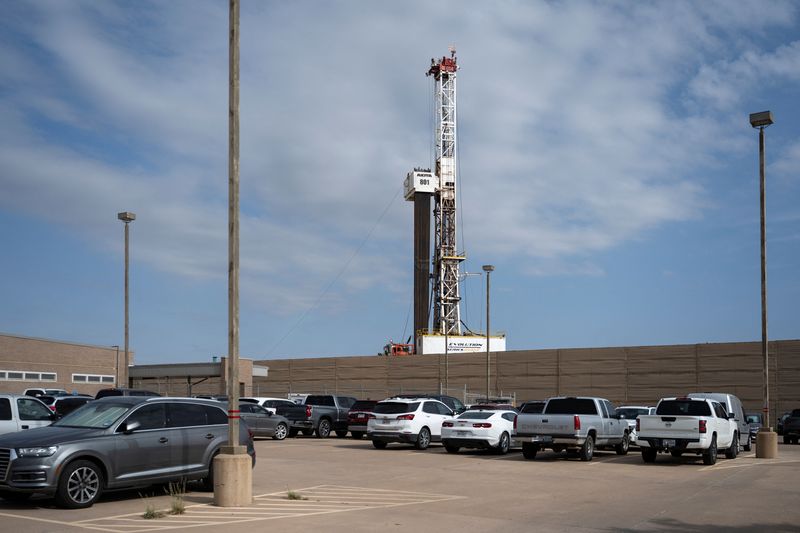Eurovision fans find Swiss franc’s latest surge hits a sour note
Eurovision fans bound for Basel will face steep costs, as a soaring Swiss franc makes Switzerland one of the priciest host cities yet.

As many as half a million fans heading to Basel for the Eurovision Song Contest next week are about to discover that Swiss prices stoked by the franc’s gains are far from music to their ears.
With the currency having hit a decade high against the dollar in April, when it also reached close to the strongest in that period against the euro, visitors will soon find their passion for pop comes at a cost. For those from neighboring countries, a 200-franc ($242.28) hotel night would have been at least 12 euros ($13.56) cheaper if the event took place on the same date in 2024.
“To be honest, I wonder every year if I should travel there again,” said Andreas Tuerk, who has attended 14 consecutive Eurovision finals and will brave the cost of a pilgrimage this time too. “In the end, it’s always my fan gene that kicks in.”
Switzerland hosted the first-ever final in 1956 in its southern city of Lugano, and then in Lausanne after the 1988 win of the country’s candidate, Celine Dion. But given the franc’s gains over the years, prices on the ground in Basel, on Switzerland’s northwestern border, potentially make it one of the most expensive destinations in Eurovision history.
The currency has surged amid haven flows after market turmoil stoked by US President Donald Trump’s trade wars. While the Swiss National Bank has tried to contain that, having cut its interest rate in March, that may prove of limited comfort to Eurovision fans with emptier wallets.
Basel normally hosts smaller cohorts of visitors, such as central bankers at gatherings of the Bank for International Settlements, gallery exhibitors and connoisseurs of the annual Art Basel fair, and pharmaceutical executives flying in for meetings at one of its two drugs giants, Novartis AG and Roche Holding AG.
Eurovision is in a different league however. The tally of fans expected easily dwarfs the city’s population of about 178,000, and are likely to spill over the frontier into neighboring France and Germany.
That’s the approach Tuerk will take when he and his sister make the trip from their home close to Koblenz in western Germany. Renting a room across the border from Basel in the nearby German town of Loerrach, booked well in advance, will bring his accommodation tab to roughly €500.
Jan Peter Kern won’t be taking the cheaper option. His group of friends are forking out €2,500 for an Airbnb apartment for the week in Basel’s old town, costing about €800 per person.
“Living outside the host city is out of the question,” said the 37-year-old fan from the German city of Mannheim, about two hours’ drive from Basel. “I mean, the parties go on until 4 a.m.”
Tuerk has spent roughly €1,000 on tickets for several of the nine Eurovision shows during the week, plus some fan parties, and has set aside another €1,000 for food, drinks and merchandise.
He may well find eating locally to be far pricier than recent years. A Whopper burger and standard serving of Coca Cola ordered on Uber Eats from a local Burger King outlet costs 17.30 francs, significantly more than the bill for the same meal in Malmo, the 2024 Swedish host city, and in Liverpool, where the UK held the event in 2023 on behalf of Ukraine.
The SNB is uncomfortable enough with the franc’s strength for President Martin Schlegel to have said this week that the currency “appreciated really a lot.”
But its options to contain that are limited. Interventions to push down the exchange rate — which the central bank used liberally until 2022 — could risk Trump’s wrath.
Cutting borrowing costs would quickly bring its rate to zero, or even lower, hurting the financial system, though a growing number of economists do still expect a further reduction at the next meeting on June 19. That will be too late for Eurovision fans however.
The alternative for visitors of avoiding Basel as much as possible — by spending cash in France and Germany — became a political controversy in the city, forcing a vote on whether to finance 37.4 million francs of spending on the event that locals then backed.
Jessie Smith, a senior economist at research firm Tourism Economics, reckons each of the expected visitors will need to spend $90 to ensure local businesses earn enough to justify the public expense. That’s far less than the $300 needed in Malmo.
Basel itself is reckoning on a 62 million-franc boon for the area, but insists it’s trying to mitigate high local prices with associated events that are free. “The canton sees the ESC as a festival for everyone — regardless of their budget,” a spokesperson said in a statement.
For Tuerk, the decision to host Eurovision there was a good one for fans, giving them the chance to visit while letting them mitigate the strength of the franc.
“By choosing a city on a border triangle, Switzerland has made sure that the ESC remains affordable,” he said. “If they had done it in Zurich, we’d be talking about totally different prices.”
This story was originally featured on Fortune.com

